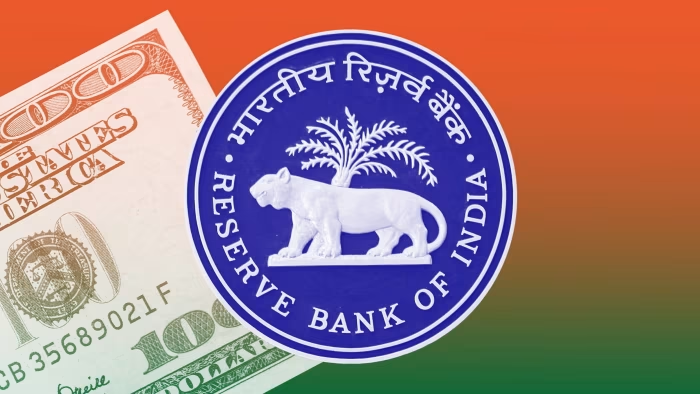Stay informed with free updates
Simply sign up to the Indian business & finance myFT Digest — delivered directly to your inbox.
Global banks are buying up stakes in Indian lenders as the country’s government and regulators become increasingly relaxed about foreign entities acquiring significant holdings.
Since the start of the year, India’s financial sector has had $8bn worth of deals from foreign companies, up from $2.3bn last year and $1.4bn in 2023, according to Dealogic data.
The transactions reflected growing investor confidence in India’s economy and had “opened up a new chapter” in Indian banking, said analysts at Mumbai-based Motilal Oswal Financial Services in a note.
They come as officials have laid out ambitions to consolidate the sector, with finance minister Nirmala Sitharaman this month saying the government wanted to create more “big banks”.
The central bank has said it is reviewing whether to relax a 15 per cent shareholding cap by any single foreign investor in a non-government-owned lender, although it has already been approving large sales on a case-by-case basis.
The sector’s biggest cross-border deal this year was the $3bn acquisition of a 60 per cent stake in mid-sized bank RBL by Dubai’s largest lender, Emirates NBD. Japan’s Sumitomo Mitsui Financial Group bought a 24.2 per cent stake in Yes Bank for about $1.7bn, becoming its biggest shareholder.
Mitsubishi UFJ Financial Group, Japan’s largest lender by assets, is in advanced talks with multiple non-banking financial groups for the purchase of a large stake, according to people familiar with the matter.
Although there have been reports of negotiations between MUFG and Chennai-based Shriram Finance for a 20 per cent stake worth $2.6bn, the people said the deal was yet to be finalised and MUFG was still exploring other options. “The situation is still fluid,” said one of the people.
MUFG declined to comment. Shriram said it was “not aware of any developments on this front”.
Foreign banks are casting a keener eye on India’s financial groups because of the country’s robust economic growth, according to Yatin Singh, chief executive of investment banking at Emkay Global Financial Services in Mumbai. He noted that likely targets included a handful of public sector banks that the government would like to privatise.
“For mature economies like Japan, which now have an ageing population and have capital, they need to find a way to deploy that capital in a way where the risk-adjusted return makes sense,” he said. “India is in that way an attractive option.”
Vikram Raghani, senior partner at JSA, an Indian law firm that has been involved in recent banking deals, said previous mergers and acquisitions might have involved lenders that were “in some kind of stress”.
“Now the mindset of the regulator and the government appears to be changing to allow banks to tap into global capital for growth and expansion,” he said. “If our banks have to go to the next level, they will need capital and international expertise.”
A person familiar with the Reserve Bank of India’s thinking said it was coming around to more foreign participation, calling the recent spate of deals a “vote of confidence” in India’s economy and banking sector.
The person added that overseas investors were targeting mid-sized banks that were easier to acquire and had more room to grow.
A partner at one of India’s leading venture capital firms said shadow banks were also garnering interest after the RBI eased restrictions put in place in 2023 in response to a post-pandemic credit binge that left many households in debt.
Since the industry’s recovery, the RBI has been telling shadow banks “you can go ahead and expand your books and grow faster”, the partner said.
One of the biggest deals this year involved Indian shadow bank Sammaan Capital, in which International Holding Company, the Middle East’s second-largest company by market value, purchased a controlling 43.5 per cent stake for $1bn.
India Business Briefing
The Indian professional’s must-read on business and policy in the world’s fastest-growing big economy. Sign up for the newsletter here
Kunal Shroff, managing partner at private equity firm ChrysCapital, said valuations in India’s financial services sector looked attractive compared with the rest of the country’s market.
Indian equities trade at 23 times 12-month forward earnings, making it the world’s most expensive emerging market, while the country’s financial companies trade at 17 times, according to Goldman Sachs analysts.
“There’s enough credit demand,” said Singh at Emkay. “Whichever [lending] segment you pick up, you’d find a very, very large opportunity over the next 15, 20, 25 years. Anyone who’s buying a bank in India is taking, I’m sure, a 50-year view.”
